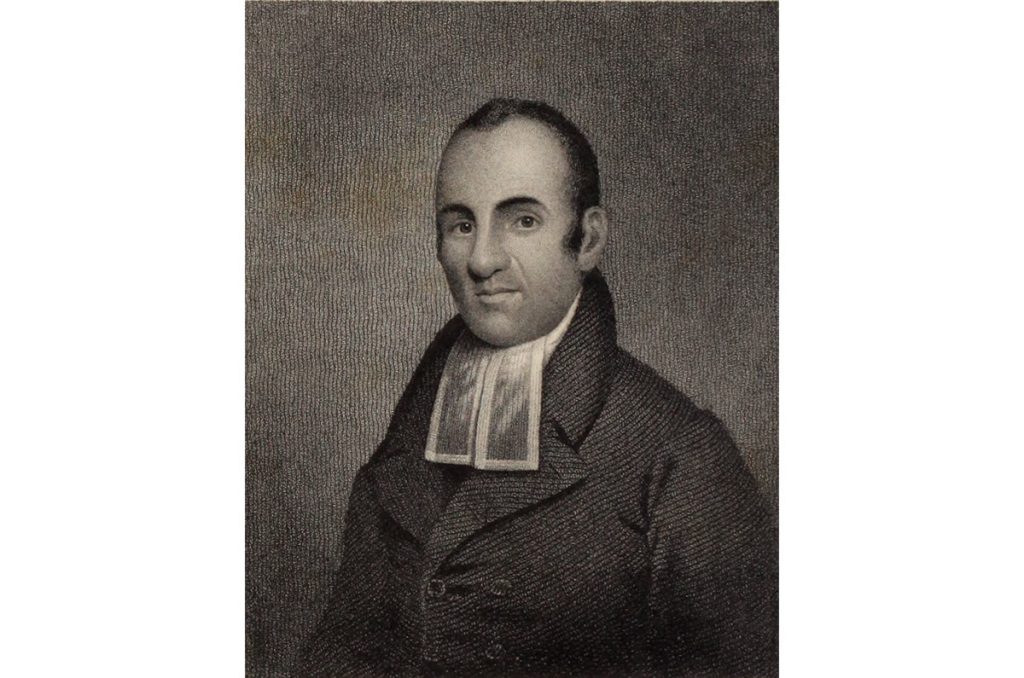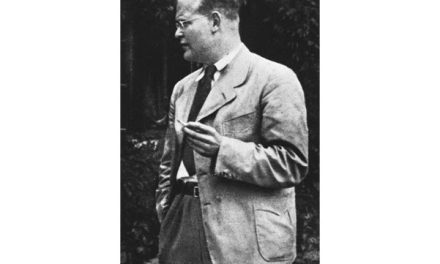
Like me, you’ve probably never heard of Lemuel Haynes prior to this blog post (in my case, looking for a faith hero to tell you about). Yet, Lemuel Haynes left his mark on this country and on the Church that is undeniable.
Lemuel Haynes grew up in colonial Vermont. He was a bi-racial, abandoned by his parents and sold into indentured servitude until his 21st birthday. But God’s providential hand was on his life. He was raised in a Christian home where he was treated like and developed a deep love for God.
He worked hard during the day and in the evenings he retreated to the corner by the chimney where he read and studied and memorized while the other children played. He was largely self-taught.
Once he’d made a sound commitment to follow Christ, Lemuel Haynes began writing and preaching in earnest. He was an excellent preacher and teacher with a sound grasp of theology, though his style was less eloquent than some teachers of his day.
But before he pursued his formal education, he enlisted in the Continental Army in 1776 and joined the troops marching to Ticonderoga. He was committed to the idea of the American experiment and the abolition of slavery because it reflected God’s heart and the ideals of a fledgling country.
He returned to the pulpit as a licensed preacher in 1780 and was ordained in 1785. Though he was not well-received at his first church, and left after two years, he faithfully served God at his next post for thirty years despite the prejudices he sometimes faced. He was uncompromising in his beliefs, never asking whether a doctrine was popular, only asking “Is it true? Is it profitable? Is it seasonable?”
Haynes was one of the first Black American writers published and some of his writings have been preserved. He was also the first African American to receive an honorary Master of Arts, which was granted to him by Middlebury College in 1804.
But Lemuel Haynes wasn’t just a theologian and activist. His own childhood abandonment did not stop him from becoming a family man. Haynes married Elizabeht Babbitt, a white schoolteacher who was ten years his junior, in 1783. She essentially proposed to him, a proposal he was reluctant to accept without first consulting a number of ministers for their approval. They had ten children.
Lemuel Haynes passed away in 1833, at 80 years old, but his quiet legacy lives on.
“The reality of a future punishment is, at times, so clearly impressed on the human mind, that even Satan is constrained to own that there is a hell.” – Lemual Haynes








